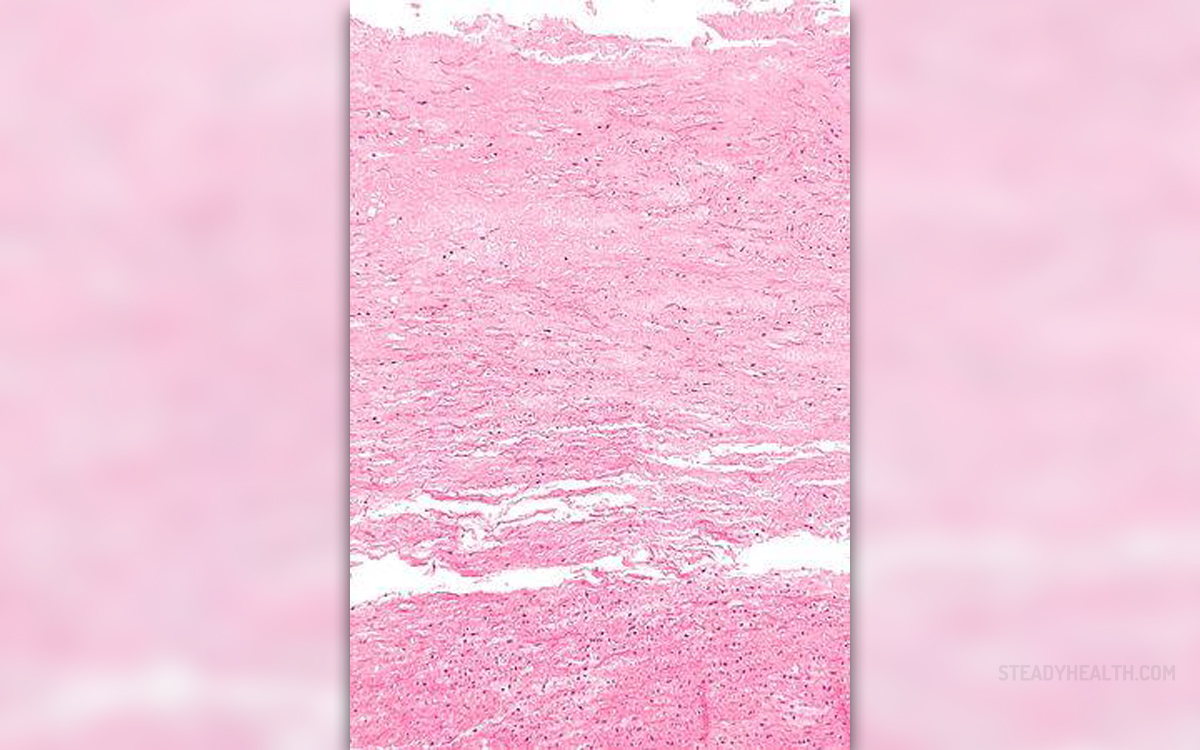
Shwachman Syndrome Is a Very Rare Condition
Shwachman syndrome is a very rare condition and it is also ahereditary one. Its main characteristics include bone marrow dysfunction andimpaired pancreas function, medicinally referred to as pancreaticinsufficiency. People affected by this medical condition are also at asignificantly increased risk of leukemia, skeletal abnormalities, liverenlargement and different types of infections which may sometimes even belethal. This medical condition is named after an American pediatrician calledHarry Schwachman who first published a report on children who suffered from theaforementioned features. The exact incidence of the condition cannot bedetermined but according to certain estimates, one in 300,000 new born babiesis affected by it. According to official statistics, the Shwachman syndromeaffects boys much more often than it affects girls. In most cases of thismedical condition the main cause are certain mutations in the SBDS gene whichis located on the chromosome 7.This gene is in charge of proper growth andfunctioning of various different sorts of organs and tissues. The SBDS proteinis of utmost importance for the proper formation of ribosomes which are incharge of the production of numerous different sorts of proteins. There arecertain symptoms which are commonly associated with all cases of Shwachmansyndrome. One of the most common ones is impaired pancreas function which may sometimesbe associated with an increased risk of insulin deficiency. Certain problemswith low white blood cell count, low red blood cell count, low platelet countor all of them combined may also be present in some cases. A large number ofcases is also related to bone marrow dysfunction. Other less common symptoms ofthe Shwachman syndrome may include skeletal abnormalities and liver problems.
Heredity of Shwachman Syndrome
The Shwachman syndrome is a hereditary type of medicalcondition which is easily characterized by an autosomal recessive pattern ofinheritance. Such pattern requires two copies of the mutated gene so that thedisease may occur. When both parents only carry one copy of the mutated gene inquestion, they are referred to as healthy carriers. Children of such parentshave a 25 percent risk of inheriting both mutated genes and develop thedisease. In half the cases, children inherit only one copy of the mutated geneand become healthy carriers themselves. There are also another 25 percent ofcases in which the child inherits two normal genes and does not develop thedisease. He or she also does not pass the disease down to his or her children. Incases where one parent has an inherited autosomal recessive disorder, but theone is not a carrier, the child carries the mutation but does not get affectedby the condition. There are also cases where one parent is a healthy carrierand the other one has an autosomal recessive disorder, chances are 50/50 thatthe child will either be a healthy carrier or will develop the condition.
Diagnosis
Shwachman syndrome is commonly associated with a vast arrayof clinical expressions, which means that proper diagnosis is a rather hardtask to perform. In a large number of cases it may easily be confused withcertain other medical conditions such as cystic fibrosis. This other medicalcondition can be excluded by performing a simple test of the concentration ofsalt in the child’s sweat. Pancreatic function can easily be evaluated withfecal tests performed at regular intervals. The morning urine and fasting bloodsugar need to be checked on a regular basis because of an increased risk ofinsulin deficiency. Blood and bone marrow evaluation are required in most casesas well. Any signs of numerous different sorts of skeletal abnormalities can bechecked by performing a simple X-ray scan. The appearance and functioning ofthe liver can be checked by performing an ultrasonograhy along with certainblood tests. Some rare cases may require liver biopsy as well.
Treatment Options
The Shwachman syndrome cannot be cured but there arenumerous different sorts of treatment options available which may be efficientwhen it comes to alleviating the symptoms. A wide array of specialists needs tocooperate in order to provide the patient with the best care. One of those is adietician, because dietary therapy is of utmost importance for the proper treatmentof all cases of Shwachman syndrome. This is mainly due to the poor absorbanceof fats and several other important types of nutrients. Some cases may requirethe use of pancreatic enzymes and nutritional fluids as well. Gastrostomy isperformed in cases where the feeding tube is used for prolonged periods oftime. Other common symptoms of the Shwachman syndrome are taken care of bygranulocyte colony stimulating factor, prophylactic antibiotics, iron therapyand prophylactic dental care. Some rare cases may call for chemotherapeuticdrugs as well.



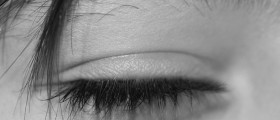
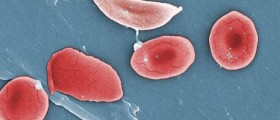
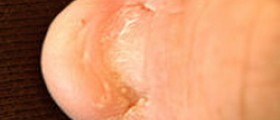



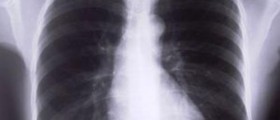



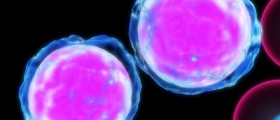
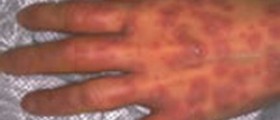
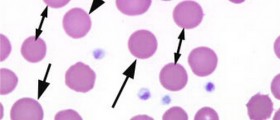
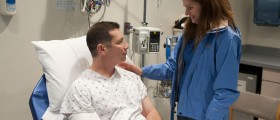
Your thoughts on this
Loading...